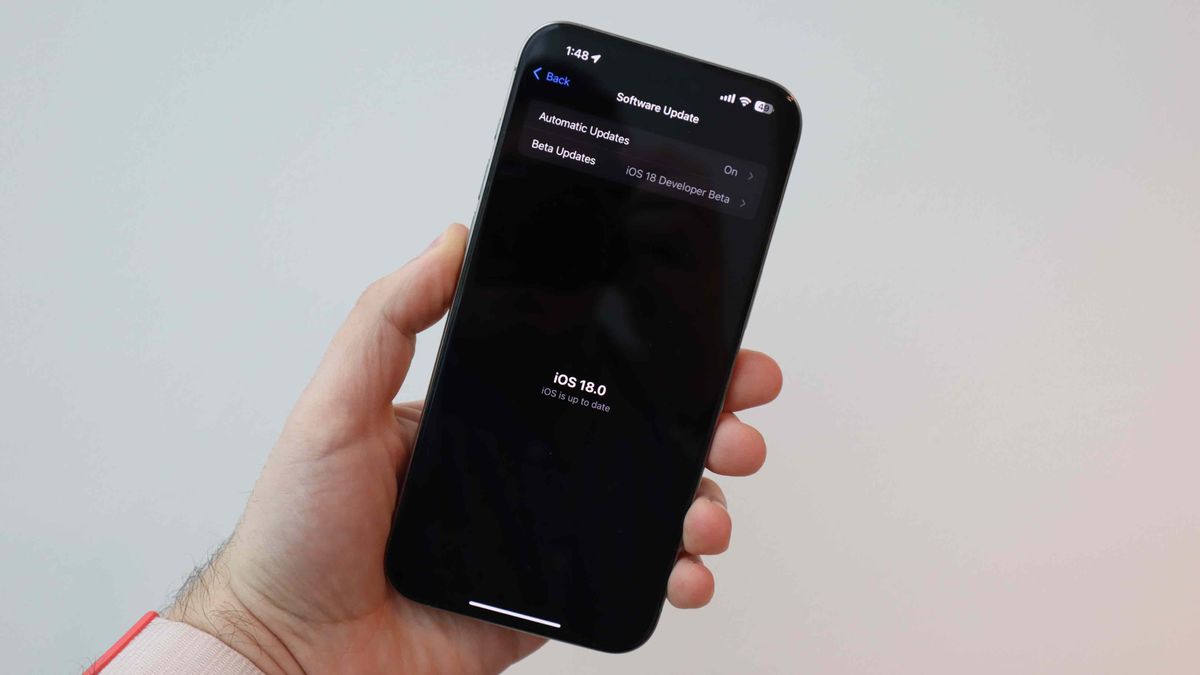NEW DELHI: Of around 1.4 lakh convicts lodged in jails across India, many are either unaware of their legal right to appeal against trial courts’ orders convicting them, or are not interested to move higher courts as they don’t expect favourable outcomes or fear their sentences being enhanced by appellate courts.
Of the convicts surveyed, 544 are facing death sentence, 75,629 have been sentenced to life, while as many as 21,000 are facing imprisonment for a period between 10-13 years.Another 16,000 inmates face imprisonment for 5-9 years, with the rest 15,000 serving jail terms ranging from less than one year to 5 years.
Amicus curiae and senior advocate Vijay Hansaria Monday informed a SC bench of Justices B R Gavai, Sajay Karol and K V Viswanathan that startling facts have come to light after the court asked district legal services authority personnel to visit jails and identify convicts who are serving sentences without ever challenging their conviction in higher courts.
Hansaria said of the convicts serving sentences for various periods, a preliminary survey by respective DLSA found 870 of them to be willing to to file appeals in higher courts against their convictions. Of these 523 of them are lodged in Jharkhand (282) and West Bengal (241).
NALSA in its report said that these figures about convicts not filing appeals against their convictions were also due to jail authorities not ascertaining the views of inmates. NALSA counsel Rashmi Nandkumar told the bench that state legal services authorities of major states like Uttar Pradesh, Tamil Nadu, Maharashtra, Odisha, Madhya Pradesh, Karnataka, Bihar, Assam, Himachal Pradesh and Gujarat have not filed their responses in this regard. SC sought their responses in three weeks.
Hansaria pointed out that the Supreme Court Legal Services Committee received 503 applications for legal aid from prisoners to file appeals against their conviction being upheld by the concerned high courts. In many cases, the application for legal aid has been received to file an appeal in the SC after a long lapse of time, in some cases after 20 years.
Interestingly, in Meghalaya 150 of 308 convicts have filed appeals. But as many as 79 of them do not want to file appeals because they are reconciled to their punishment or have almost completed their sentences. Similarly, in Puducherry of the 102 convicts, as many as 95 do not want to file appeals against their convictions, while the number of such cases in West Bengal is 384.
Of the convicts surveyed, 544 are facing death sentence, 75,629 have been sentenced to life, while as many as 21,000 are facing imprisonment for a period between 10-13 years.Another 16,000 inmates face imprisonment for 5-9 years, with the rest 15,000 serving jail terms ranging from less than one year to 5 years.
Amicus curiae and senior advocate Vijay Hansaria Monday informed a SC bench of Justices B R Gavai, Sajay Karol and K V Viswanathan that startling facts have come to light after the court asked district legal services authority personnel to visit jails and identify convicts who are serving sentences without ever challenging their conviction in higher courts.
Hansaria said of the convicts serving sentences for various periods, a preliminary survey by respective DLSA found 870 of them to be willing to to file appeals in higher courts against their convictions. Of these 523 of them are lodged in Jharkhand (282) and West Bengal (241).
NALSA in its report said that these figures about convicts not filing appeals against their convictions were also due to jail authorities not ascertaining the views of inmates. NALSA counsel Rashmi Nandkumar told the bench that state legal services authorities of major states like Uttar Pradesh, Tamil Nadu, Maharashtra, Odisha, Madhya Pradesh, Karnataka, Bihar, Assam, Himachal Pradesh and Gujarat have not filed their responses in this regard. SC sought their responses in three weeks.
Hansaria pointed out that the Supreme Court Legal Services Committee received 503 applications for legal aid from prisoners to file appeals against their conviction being upheld by the concerned high courts. In many cases, the application for legal aid has been received to file an appeal in the SC after a long lapse of time, in some cases after 20 years.
Interestingly, in Meghalaya 150 of 308 convicts have filed appeals. But as many as 79 of them do not want to file appeals because they are reconciled to their punishment or have almost completed their sentences. Similarly, in Puducherry of the 102 convicts, as many as 95 do not want to file appeals against their convictions, while the number of such cases in West Bengal is 384.




